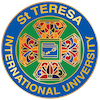PDCA IQAN 2018 Field Trip 2018
As an opportunity to apply PDCA (For PDCA information, click here.) in a special case study for the selected students in the IQAN program (For IQAN information, click here), St. Theresa International College arranged a trip to Ratchaburi during the past weekend (January 27-28, 2018).
With two primary objectives: 1) understanding the process of PDCA in achieving a project and 2) preserving the art and culture of the region, the students had the opportunity not only to observe the work of the Royal Project at Khao Cha Ngum, Ratchaburi, but to also enjoy molding “water jars”, well-known local products of Ratchaburi. By implementing the ideas of PDCA within the student’s learning process, St. Theresa International College hopes the students may better understand how to apply PDCA in their daily lives and long into their professional lives.
The Royal project at Khao Cha Ngum has been in operation the past 30 years and emphasizes restoring barren top soil and reviving vegetation and forestation through three natural processes:
1) Leaving the soil and vegetation to grow freely without disturbing or destroying the natural resources. (The area, left alone as such, has increased its nourishing top soil by 10cm over the past 30 years.)
2) Planting Vetiver grass as way to collect soil deposition.
3) Enriching the soil by allowing earth worms to simply carry out their work.
Ratchaburi is well-known for its intricately designed water jars, ornamented with dragons which wind around the jars. These traditional products from yesteryear were used to collect rainwater. Nowadays, water jars are not as necessary a household item and have been modified into decorative items such as vases of modern design with colorful ceramic styles, garden pots for plants, and small souvenirs products. Thus, water jar wares continue to be a productive means of income in Ratchaburi, while at the same time acting as a symbol of times long past.
Edited by Steve Wachter

